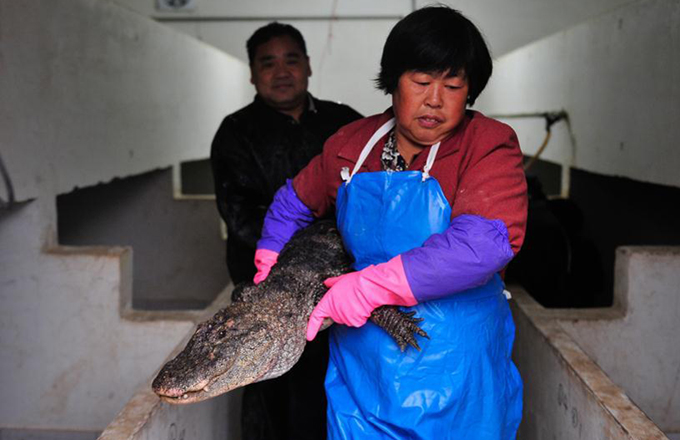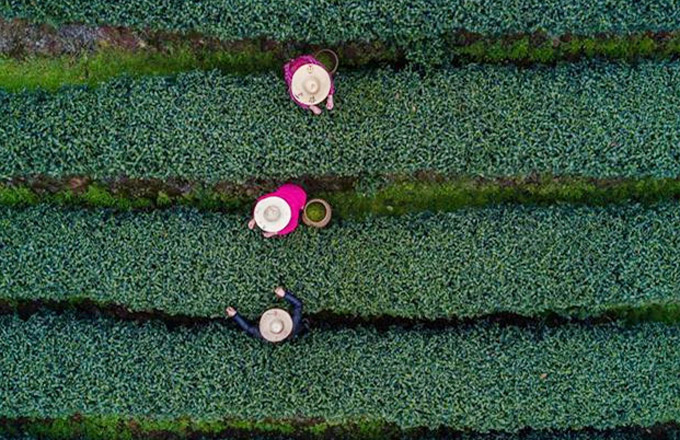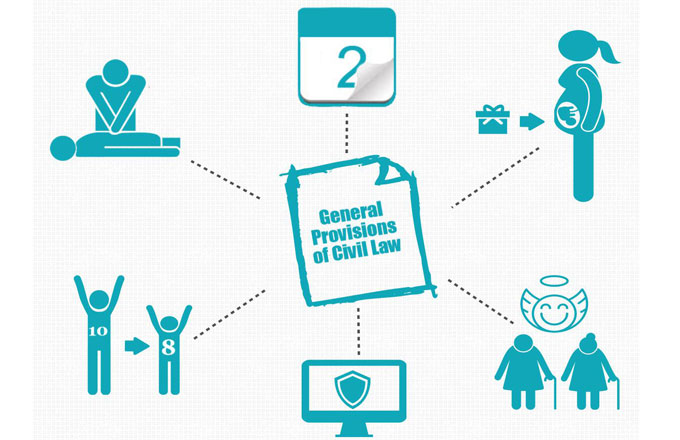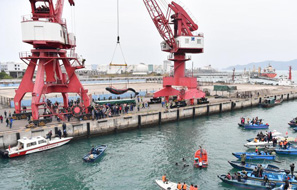Japan urged to deal with Fukushima-affected food
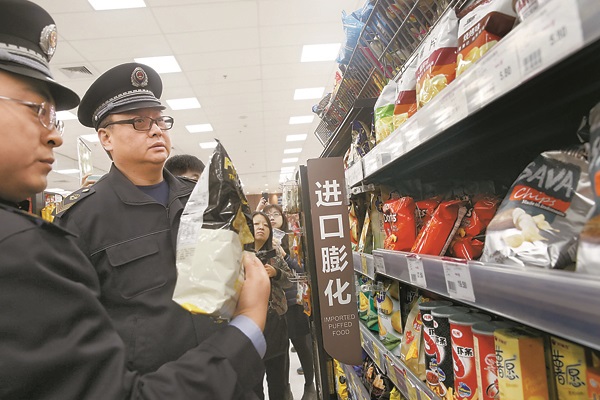 |
|
Officers from the Beijing Food and Drug Administration check imported food at a supermarket on Thursday. [Photo by LIU HANG/FOR CHINA DAILY] |
Report finds many e-commerce sites selling potentially unsafe products
The Chinese Foreign Ministry has urged the Japanese government to take more effective measures to handle the environmental aftermath of the Fukushima nuclear disaster and disclose information to ensure marine environmental safety and the safety of people in other countries.
Hua Chunying, spokeswoman for the Ministry of Foreign Affairs, made the comment on Thursday following exposure by China's State television station that food products from areas affected by the nuclear disaster in Japan are being sold in China.
China's top food regulator promised on Thursday to punish such irregularities involving food safety exposed in China Central Television's annual World Consumer Rights Day program on Wednesday.
"We have demanded local food and drug supervision authorities investigate the irregularities and transfer criminal suspects to public security authorities," the China Food and Drug Administration said.
Food and drug authorities must strengthen supervision over food safety and severely punish culprits, it said.
Food from areas affected by the 2011 Fukushima nuclear disaster have been sold on many e-commerce platforms in China and in some brick-and-mortar shops, including dairy, cereal, rice and wine, CCTV reported.
Although some of the products had labeling in Japanese that specified manufacturing locations such as Tokyo and Tochigi, they were covered by Chinese labels that only stated the manufacturing location as Japan, the report said.
China has banned the importation of food and animal feed from Tokyo and 11 prefectures, including Fukushima, Niigata-ken and Tochigi, since April 2011 to guard against risks, according to the General Administration of Quality Supervision, Inspection and Quarantine.
Major supermarkets and e-commerce platforms in Beijing started to inspect imported food products following the CCTV report and found no product from any of the 12 areas, Ji Ye, an official at Beijing Food and Drug Administration, said.
The administration is also conducting inspections of food enterprises in Beijing, including MUJI and 7-Eleven, and will recall any product that is imported from the affected areas, he said.
More than 13,000 online shops in China were suspected of selling food from these banned areas, according to the Shenzhen Market and Quality Supervision Commission, CCTV reported.
Law enforcement officers from the commission found nearly 20,000 packages of "Calbee" brand oatmeal, which is from Tochigi, at a company in Shenzhen, the report said.
Some supermarkets, including Japanese brand MUJI, are also suspected of violations, CCTV said.
MUJI said on Thursday that the two kinds of products, a cereal beverage and a muffin, are made in Fukui-ken and Osaka, which are not on the list of imports banned by China's quality supervision authorities.








